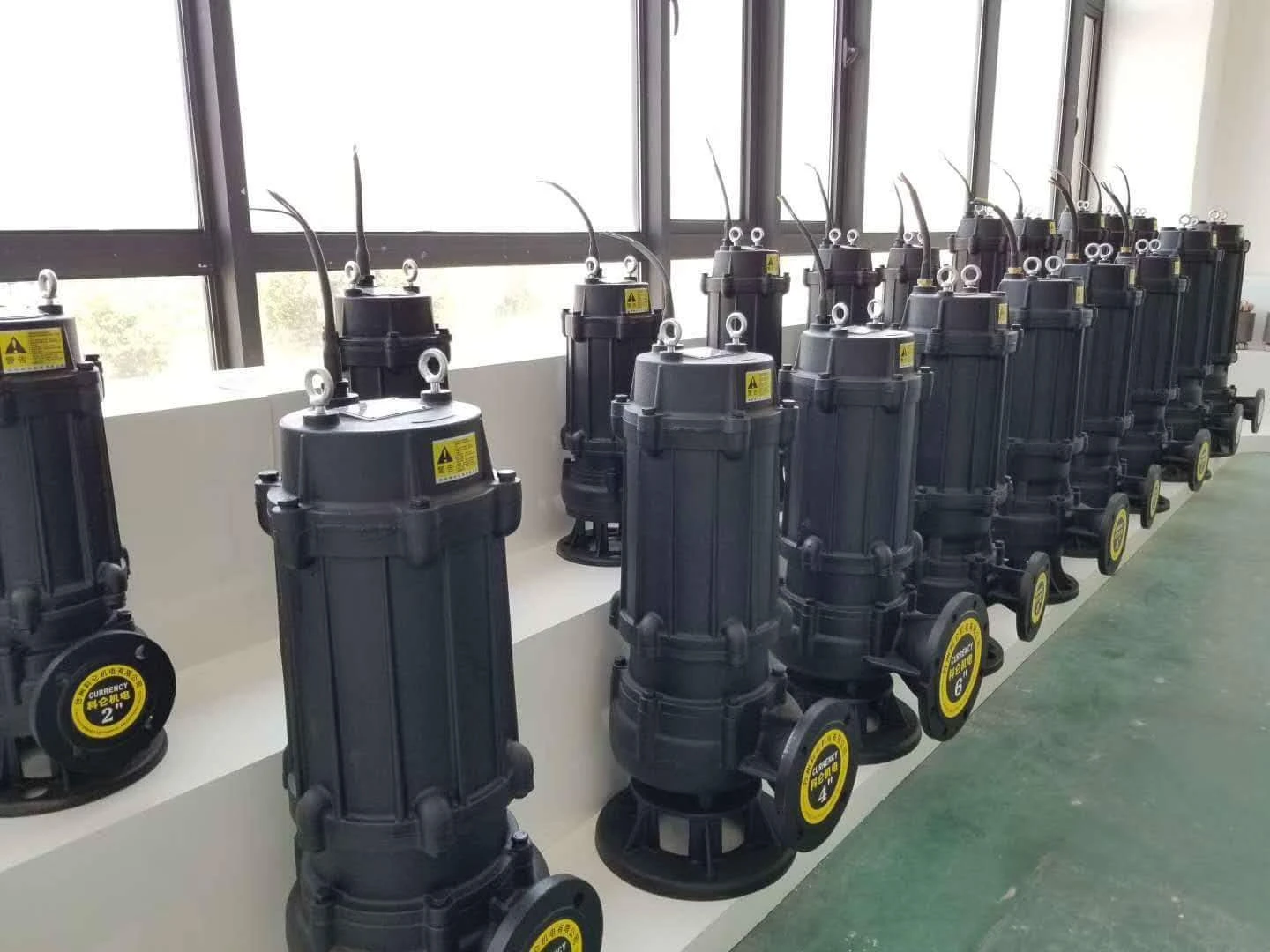English
- Afrikaans
- Albanian
- Amharic
- Arabic
- Armenian
- Azerbaijani
- Basque
- Belarusian
- Bengali
- Bosnian
- Bulgarian
- Catalan
- Cebuano
- Corsican
- Croatian
- Czech
- Danish
- Dutch
- English
- Esperanto
- Estonian
- Finnish
- French
- Frisian
- Galician
- Georgian
- German
- Greek
- Gujarati
- Haitian Creole
- hausa
- hawaiian
- Hebrew
- Hindi
- Miao
- Hungarian
- Icelandic
- igbo
- Indonesian
- irish
- Italian
- Japanese
- Javanese
- Kannada
- kazakh
- Khmer
- Rwandese
- Korean
- Kurdish
- Kyrgyz
- Lao
- Latin
- Latvian
- Lithuanian
- Luxembourgish
- Macedonian
- Malgashi
- Malay
- Malayalam
- Maltese
- Maori
- Marathi
- Mongolian
- Myanmar
- Nepali
- Norwegian
- Norwegian
- Occitan
- Pashto
- Persian
- Polish
- Portuguese
- Punjabi
- Romanian
- Russian
- Samoan
- Scottish Gaelic
- Serbian
- Sesotho
- Shona
- Sindhi
- Sinhala
- Slovak
- Slovenian
- Somali
- Spanish
- Sundanese
- Swahili
- Swedish
- Tagalog
- Tajik
- Tamil
- Tatar
- Telugu
- Thai
- Turkish
- Turkmen
- Ukrainian
- Urdu
- Uighur
- Uzbek
- Vietnamese
- Welsh
- Bantu
- Yiddish
- Yoruba
- Zulu
Telephone: +86 13120555503
Email: frank@cypump.com
Nov . 25, 2024 12:13 Back to list
Related Options for Screw Pump and Centrifugal Chemical Pump Pricing and Comparisons
When exploring the world of pumping technologies, one often encounters various types such as screw pumps, centrifugal pumps, and chemical pumps. Each of these pump types offers unique advantages, making them suitable for specific applications across various industries. Understanding the fundamental principles and similarities between these pumps can significantly influence the efficiency of fluid transfer processes.
Screw pumps operate on the principle of positive displacement. This means that they move fluids by trapping a fixed amount of liquid and then forcing it through the discharge pipe. They are particularly known for their ability to handle viscous fluids and maintain a constant flow rate, which makes them ideal for applications in the oil and chemical industries. The robustness of screw pumps allows them to efficiently transfer a variety of fluids, including those containing solids or those that are thick and sticky.
On the other hand, centrifugal pumps function based on kinetic energy. They utilize a rotating impeller to impart velocity to the fluid, converting this velocity into pressure as the liquid exits through the pump's discharge. Centrifugal pumps are widely used due to their ability to handle large volumes of low-viscosity fluids quickly. They are common in water supply systems, irrigation, and even in chemical processing where rapid fluid movement is required.
'similar titles to screw pump centrifugal chemical pump quotes could ...'

Chemical pumps are specifically designed to handle the transfer of corrosive and hazardous fluids. These pumps can be either centrifugal or positive displacement types, but they are distinguished by their construction materials and design features. The materials used in chemical pumps—from plastics to specialized alloys—offer resistance to harsh chemicals, ensuring safety and longevity in a challenging operating environment.
When considering quotes for screw pumps, centrifugal pumps, and chemical pumps, it's essential to assess the specific requirements of your application. Factors such as fluid viscosity, temperature, and chemical composition will dictate the most suitable pump type. Additionally, cost-effectiveness, maintenance needs, and energy efficiency should also be evaluated.
In conclusion, while screw pumps, centrifugal pumps, and chemical pumps may differ in their operational principles and applications, they share the common goal of efficient fluid transfer. Understanding these differences allows engineers and industries to optimize their processes, enhance productivity, and mitigate risks associated with fluid handling. Whether you are looking for reliability, speed, or compatibility with aggressive fluids, there is a pump type tailored to meet your needs.
-
ISG Series Pipeline Pump - Chi Yuan Pumps | Energy Efficiency&Compact Design
NewsAug.03,2025
-
ISG Series Vertical Pipeline Pump - Chi Yuan Pumps Co., LTD.|High Efficiency, Low Noise, Durable
NewsAug.02,2025
-
ISG Series Vertical Pipeline Pump - Chi Yuan Pumps | High Efficiency, Low Noise
NewsAug.02,2025
-
ISG Series Vertical Pipeline Pump- Chi Yuan Pumps Co., LTD.|High Efficiency&Compact Design
NewsAug.02,2025
-
Heavy-Duty Mining Sludge Pumps - Wear-Resistant Slurry Handling
NewsAug.02,2025
-
Horizontal Split Case Pump with GPT-4 Turbo | High Efficiency
NewsAug.01,2025










